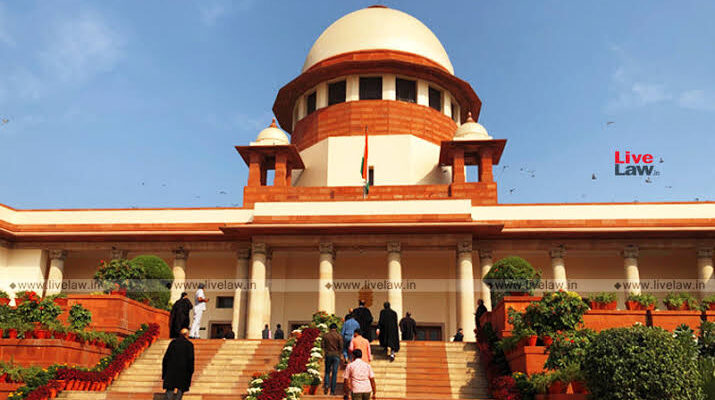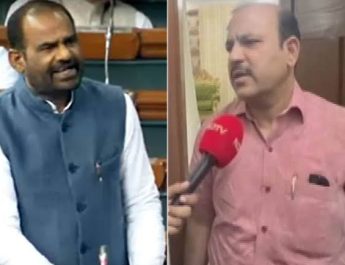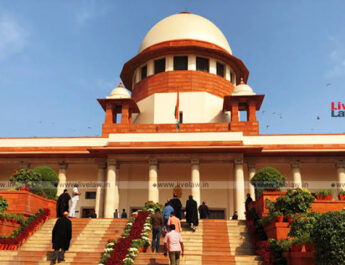From Our Bureau
NEW DELHI: In a major relief to Waheed-Ur-Rehman Parra (33), president of youth unit of the J&K Peoples’ Democratic Party (PDP) and a close aide of former Chief Minister Mehbooba Mufti in custody for two years, the Supreme Court has held that he must be given testimony of the “protected” witnesses against him in a case of the Unlawful Activities Prevention Act (UAPA) which is invoked in the terror related cases.
A Bench of Justices Sanjay Kishan Kaul and M M Sundresh quashed a ruling of the J&K High Court and upheld the trial court’s decision that the testimonies of five “protected” witnesses be provided to him, after editing out the material that may disclose their identity, address or occupation. The law allows protection to such witnesses to save them from attacks.
In a judgment pronounced on Friday, it upheld September 11, 2021, order of the trial court directing the Special Public Prosecutor to himself redact the information from the testimonies of the protected witnesses to shield them and then give their testimonies to the accused.
However, on an appeal by the J&K administration, the J&K and Ladakh High Court by its October 11, 2021, order set-aside the trial court’s decision by which five witnesses were granted protection and their testimonies were kept in sealed cover. The High Court had held that the trial court has no power to revisit its own order and furnishing redacted copies of the evidence of the protected witnesses to the accused would expose them to vulnerability.
Parra was first detained in August 2019 alike a large number of political leaders before abolition of Article 370 but he was framed and arrested by the J&K police in Srinagar while the National Investigation Authority (NIA) had also made him in March last year as 11th accused in a terrorism case.
Noting that no prior judgment of the top court dealing with the issue before it has been brought to its notice. the apex court said that on an earlier occasion Kerala High Court had dealt with such a matter and has asked the trial court to redact the statements of protected witnesses whereas in the instant case the trial court had left the discretion of the Special Public Prosecutor.
Observing that September 11, 2021 order of the trial court is “cautiously worded,” Justice Kaul, speaking for the bench said, “The
order has not only permitted redaction of the address and particulars of the witnesses which could disclose their identities but has further observed … that even other relevant paras in the statement which would disclose their occupation and identity could be redacted. Thus, a wide discretion has been given and that too for the Special Public Prosecutor to take a call.”
The Supreme Court said there could thus have hardly been a grievance raised by the prosecution in this regard.
Having noted the wide discretion that trial court had given to the Special Public Prosecutor to redact the statements of protected
witnesses, Justice Kaul further said, “We believe that the order dated 11.09.2021 is both fair and reasonable for the prosecution and defence while protecting the witnesses and not depriving the defence of a fair trial with the disclosure of the redacted portion of the testimony under Section 207 of the Cr.P.C.”
The judgment also recalled that in the course of the hearing there was “really no answer” when the lawyer appearing for J&K administration was asked as to how trial court order could in any manner” prejudice or have the propensity “to disclose the identity of the witnesses or their families with the possibility of harm being caused to them.




